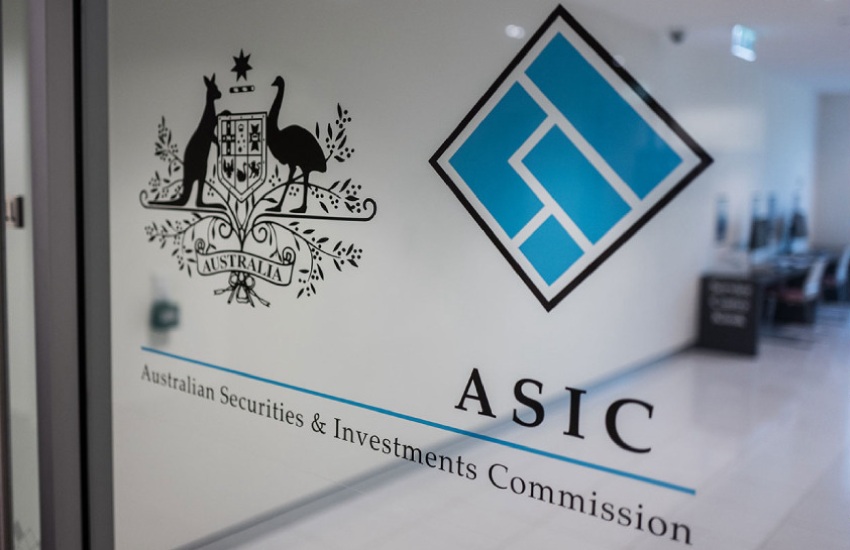Announcing its focus areas for 31 December 2018 financial reports of listed entities and other entities of public interest with many stakeholders, ASIC has called on companies to focus on new requirements that can materially affect reported assets, liabilities and profits.
According to the corporate regulator, both full-year and half-year reports at 31 December 2018 must comply with new accounting standards on revenue recognition and financial instrument values, including hedge accounting and loan loss provisioning.
You’re out of free articles for this month
The reports must also disclose the future impact of new lease accounting requirements.
ASIC will be reviewing more than 85 full year financial reports at 31 December 2018 and selected half-year reports.
“We are concerned that some companies may not have adequately prepared for the impact of new accounting standards that can significantly affect results reported to the market by companies, require changes to systems and processes, and affect businesses. We will monitor these areas closely and will take action where required,” said ASIC commissioner John Price.
ASIC will focus on a number of new accounting standards this year end, including AASB 9 Financial Instruments (applies from years commencing 1 January 2018); AASB 15 Revenue from Contracts with Customers (applies from years commencing 1 January 2018); AASB 16 Leases (applies from years commencing 1 January 2019); AASB 17 Insurance Contracts (applies from years commencing 1 January 2021); and amendments to standards to apply the new definition and recognition criteria in the Conceptual Framework for Financial Reporting (applies from years commencing 1 January 2020).
“These new accounting standards may significantly affect how and when revenue can be recognised, the values of financial instruments (including loan provisioning and hedge accounting), reported assets and liabilities relating to leases, accounting by insurance companies, and the general identification and recognition of assets, liabilities, income and expenses,” said ASIC.
“Given the extent of the changes to financial reporting, companies that have not already done so should determine the extent of any impact. The new standards can have real business impacts (e.g, compliance with debt covenants or regulatory financial condition requirements, tax liabilities, dividend paying capacity, and remuneration schemes) as well as the need to implement new systems and processes.”
This is not the first time ASIC has raised concerns over the new accounting standards, with the corporate regulator noting a general lack of preparedness by entities earlier this year.
It also released a string of notices, outlining areas that professionals should be particularly careful with as the new standards come into effect, and having released its focus area late last year.
This email address is being protected from spambots. You need JavaScript enabled to view it.
Jotham Lian
AUTHOR
Jotham Lian is the editor of Accountants Daily, the leading source of breaking news, analysis and insight for Australian accounting professionals.
Before joining the team in 2017, Jotham wrote for a range of national mastheads including the Sydney Morning Herald, and Channel NewsAsia.
You can email Jotham at: This email address is being protected from spambots. You need JavaScript enabled to view it.

 Login
Login







